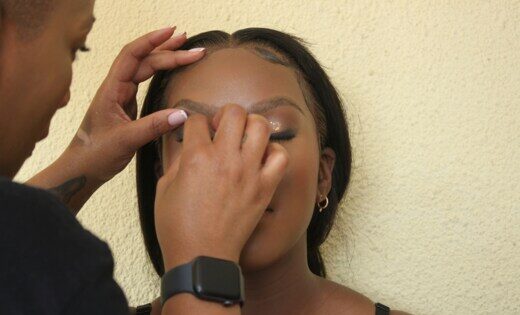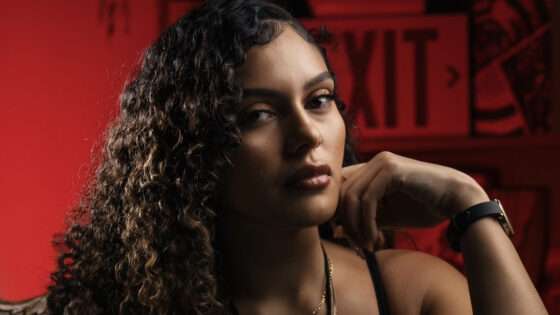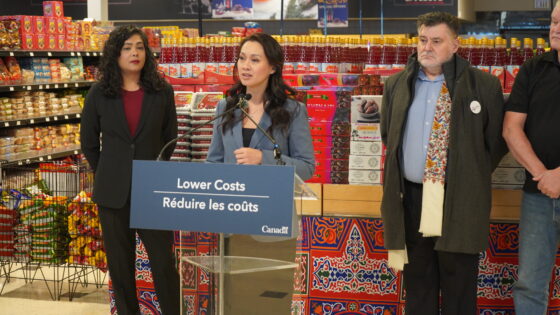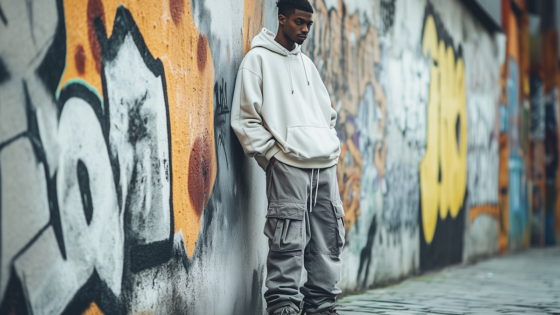on
BY SIMONE J. SMITH
Should’ve seen me and the ranking dread,uh!
Check how we jamming an’ ting
Love is all I bring
Inna me khaki suit an’ ting
Althia and Donna
Anyone who is a true reggae head will know the song that I am referring to above. It is a Reggae one hit wonder that reached number 1 in 1978 on the UK charts. I thought that it was a good way to introduce our Classic Man this week.
Anyone who has met Dave (aka Rankin) knows that he is one of the kindest souls you will ever meet. Hailing from Rexdale, Ontario, Dave always pays tribute to where he is from because he realizes how much it has shaped his views, his ideals, and many of his life lessons.
A dedicated steward of life, Dave has had to overcome the negative thoughts about who he is, and his place in the world. What is empowering about being around someone like Dave is you see a person who is not held prisoner by his skin colour. He doesn’t care how he is judged, and he lives his life by his terms.
What many people do not know about Dave is that he is actually somewhat of a miracle. On the right side of his head, close to the back, Dave has a bump that I questioned the first time I mentioned it.
“When I was younger,” he shared, “I was dropped on my head. I think I was a baby at the time. I realize now that things could have gone horribly wrong. When a baby drops on their head, especially when the skull is so soft, it is not a good thing. The only thing that I have left from that experience is this bump.”
He is very nonchalant about it, but I don’t think that he realizes how incredible his story is. What is even more fascinating is that fact that not only is he a creative he is also a genius.
Dave is currently the Managing Director at Hear 2 Help, a Community Development Company based out of Toronto. From 2016, he has committed his time and expertise to mentor and tutor students across the GTA. His strong pedagogical grounding was not something he was born with, but he has taken time to develop a pedagogical understanding and practice over time.
Great teaching is much, much more than a set of techniques, and Dave realizes that. There is not a moment in his day that Dave is not educating himself through high-quality teacher preparation programs, on-going teacher training, and other professional development tools. This has expanded his range of teaching strategies, content knowledge, and has boosted his impact on his student’s achievement.
His work as a mentor and tutor began with his role as a Cultural Educator and African History Lecturer. From November 2012 – December 2018, Dave alongside his partner Shadow, taught African History in the community. Two Sundays a month, the scholars would host lectures at the Spot located in Yorkgate Mall. Although they did not receive the support from the community that was warranted, for six years, members of the community had access to information about Africa’s history that you would not find in the current school curriculum.
There is only one other love that Dave has in his life, and that is music. He feeds that love by hosting his show Hear 2 House You on DrumsRadio.com. Toronto was first introduced to Dave as an Afro House Dj on Carib101.com Radio. Dave grew up around music, and it is one of the reasons that his love for it grew over the years.
When I met Dave, I saw that he had a passion for music, and he was an awesome DJ. One of his issues was that he didn’t really like the music that was being released, and this meant he was not going to play that music. He decided to open himself to different genres, and this is when he fell in love with Afro House.
When he first started Hear 2 House You, the show was music only. Dave is not much of a talker, so it took some urging, but eventually, Dave began to speak to his listeners and engage with words and music. This continued to evolve, and the show has now had the some of the greatest Afro House producers, guest deejay’s and artists visit to share their experiences: DJ Zakes Bantwini, Dj Juergen Mugen, Zulo Bravo, DJ Lady K, Sir LSG, Producer Ralf Gum, and DJ and Producer Silva Dadj are regulars on Hear 2 House You. You can catch his weekly show on Spotify, iTunes, Hear This.at, Google Play and Tunein.
If that was not enough, Dave has also co-hosted a radio show turned digital television show on MyTCNTV Network called Hear 2 Help You. Each week, the show reported news, conducted interviews, and presented African History to the global community. The show evolved to an all-news show (A Better Tomorrow), and now alongside the article (Azubuike), that he contributes to the Toronto Caribbean Newspaper, Dave delivers international news from across the African Diaspora.
Not a man of many words, Dave remains a silent force for the African-Caribbean community in Toronto. When he does say something it is useful, powerful and insightful. He knows when to talk and what exactly to say at the right time. Dave appreciates his small accomplishments, and does not flaunt his success. Instead, he focuses on what matters most to his students, company and community.
Life is unpredictable, and one of the best people you could have in your corner is the one and only Dave Rankin.
Stay in the loop with exclusive news, stories, and insights—delivered straight to your inbox. No fluff, just real content that matters. Sign up today!
Shawn Allen – The man, with the plan
We, as humans are guaranteed certain things in life: stressors, taxes, bills and death are the first thoughts that pop to mind. It is not uncommon that many people find a hard time dealing with these daily life stressors, and at times will find themselves losing control over their lives. Simone Jennifer Smith’s great passion is using the gifts that have been given to her, to help educate her clients on how to live meaningful lives. The Hear to Help Team consists of powerfully motivated individuals, who like Simone, see that there is a need in this world; a need for real connection. As the founder and Director of Hear 2 Help, Simone leads a team that goes out into the community day to day, servicing families with their educational, legal and mental health needs.Her dedication shows in her Toronto Caribbean newspaper articles, and in her role as a host on the TCN TV Network.













